Conservation
-
Aiding Conservation With A Remote-Controlled Helicopter

Many of us are familiar with the rate of change in urban Singapore, where the cityscape evolves regularly. The natural landscape, too, can change significantly over short periods.
-
NParks Portraits: Passionate about Conservation
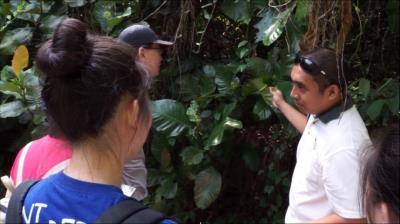
What is the one question that visitors to Sungei Buloh Wetland Reserve love to ask?
-
Going Bananas
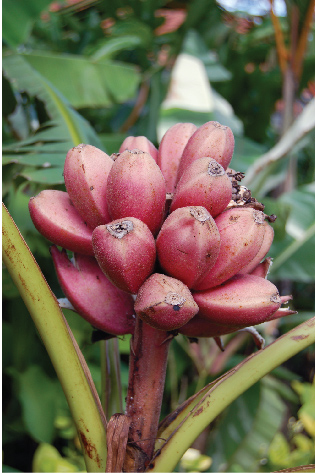
We all know the bright yellow Cavendish banana, but did you know that there are other edible banana species found locally too?
-
Serpentine Grace

Did you know that there are over 60 species of snakes in Singapore? Learn more about five snakes you can find on our island.
-
At Surface Value
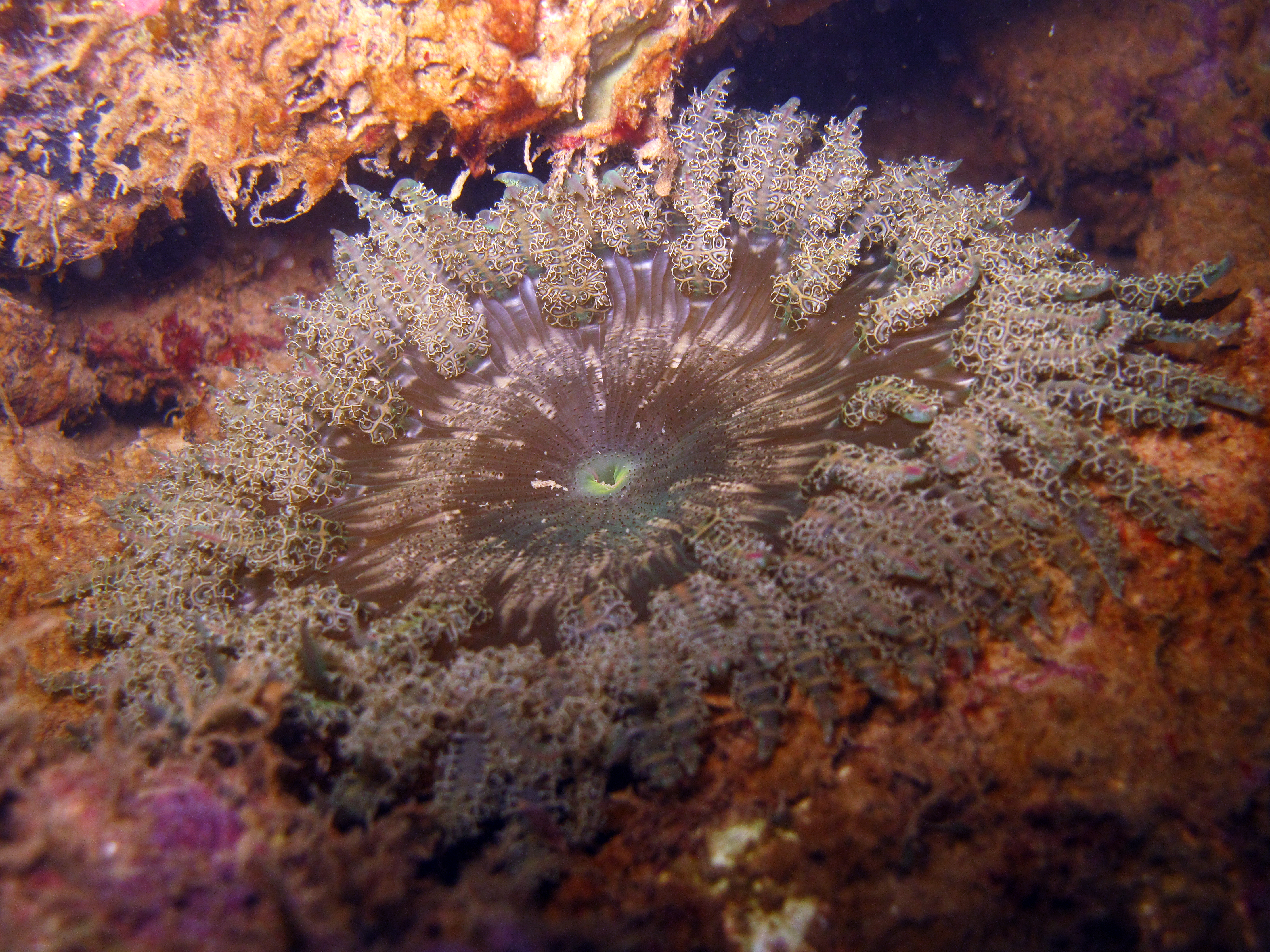
A rich diversity of marine life is waiting to be discovered. Just take a peek through the water’s surface to see some of these treasures.
-
Pitcher Perfect
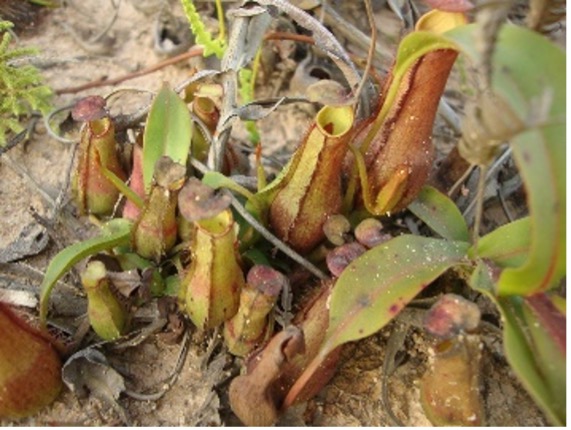
Fascinated by the carnivorious Pitcher Plant? There are three native species you can find right here on our island.
-
In The Lonely 'Owl'
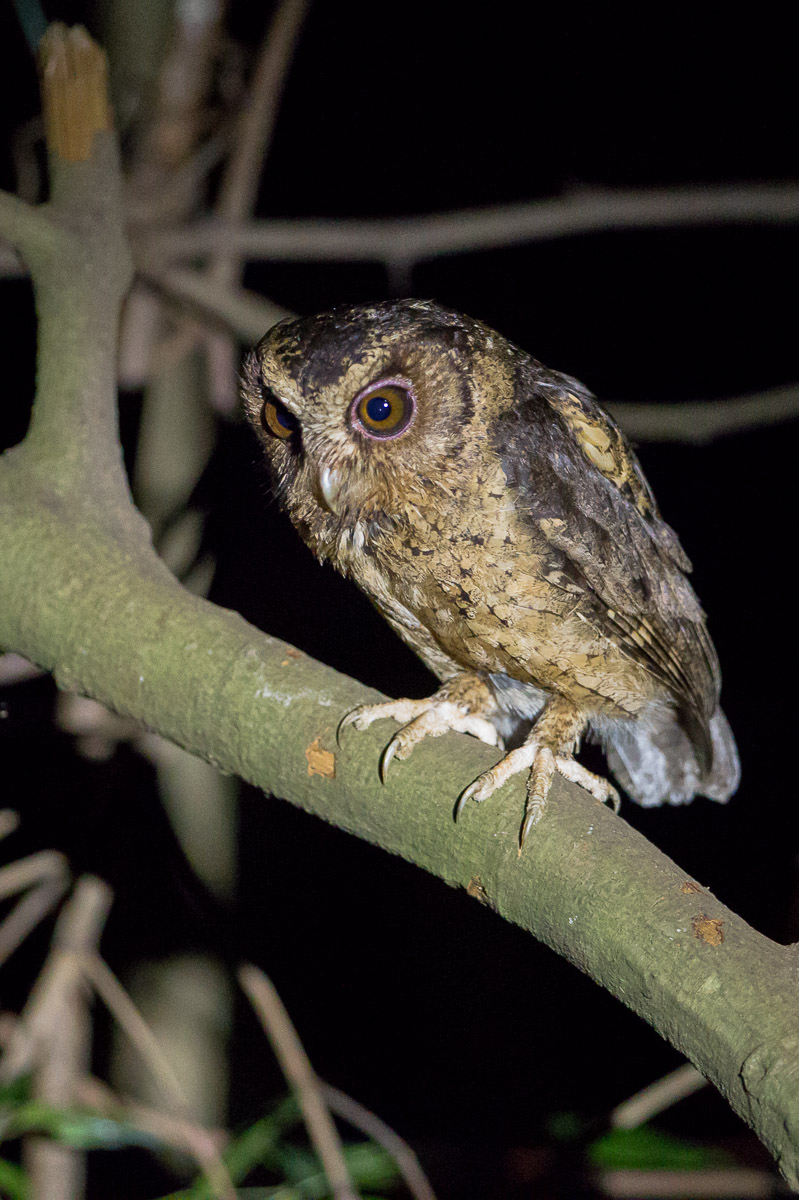
There are over 200 different species of owls and they can be found in many parts of the world. Learn about six species you can find here in Singapore.
-
Treasured Chest
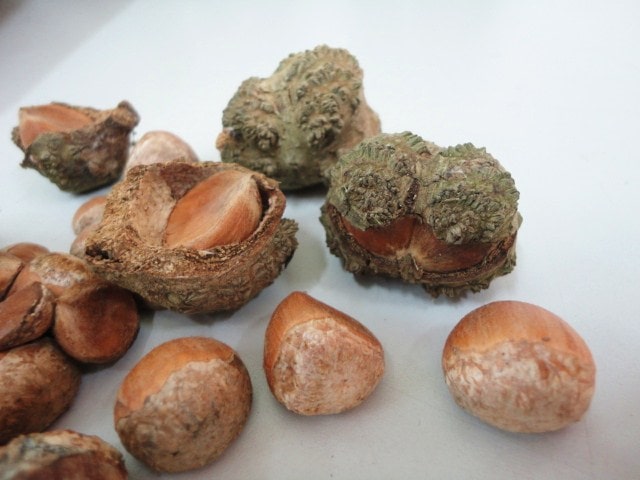
Roasted chestnuts may not exactly be a festive favourite in Singapore, but native chestnut species are an important part of our local biodiversity, whatever the season.
-
O Deer
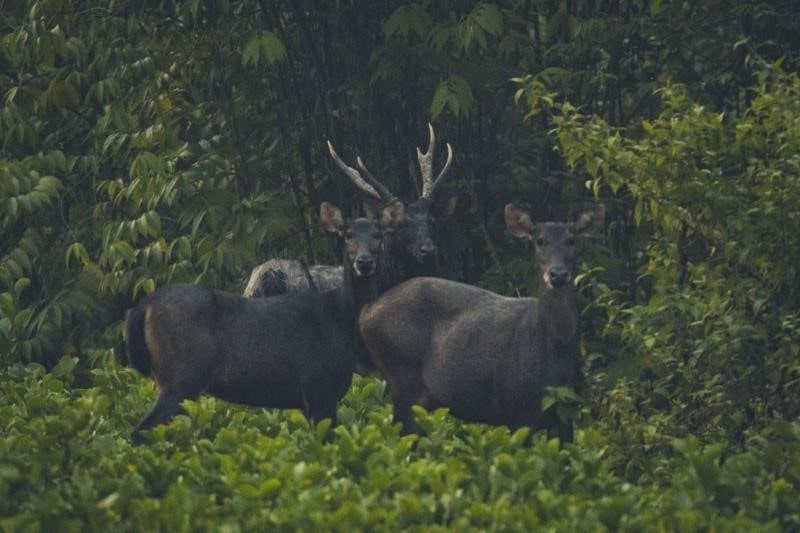
Missing the opportunity to see a reindeer this holiday season? Learn more about a few other ‘deers’ that can be found right here in Singapore.
-
Trees of the Mangroves

Can you identify the trees growing in our mangroves? Get to know interesting features of some of the plants found in the intertidal area.
-
What's That Red Bird
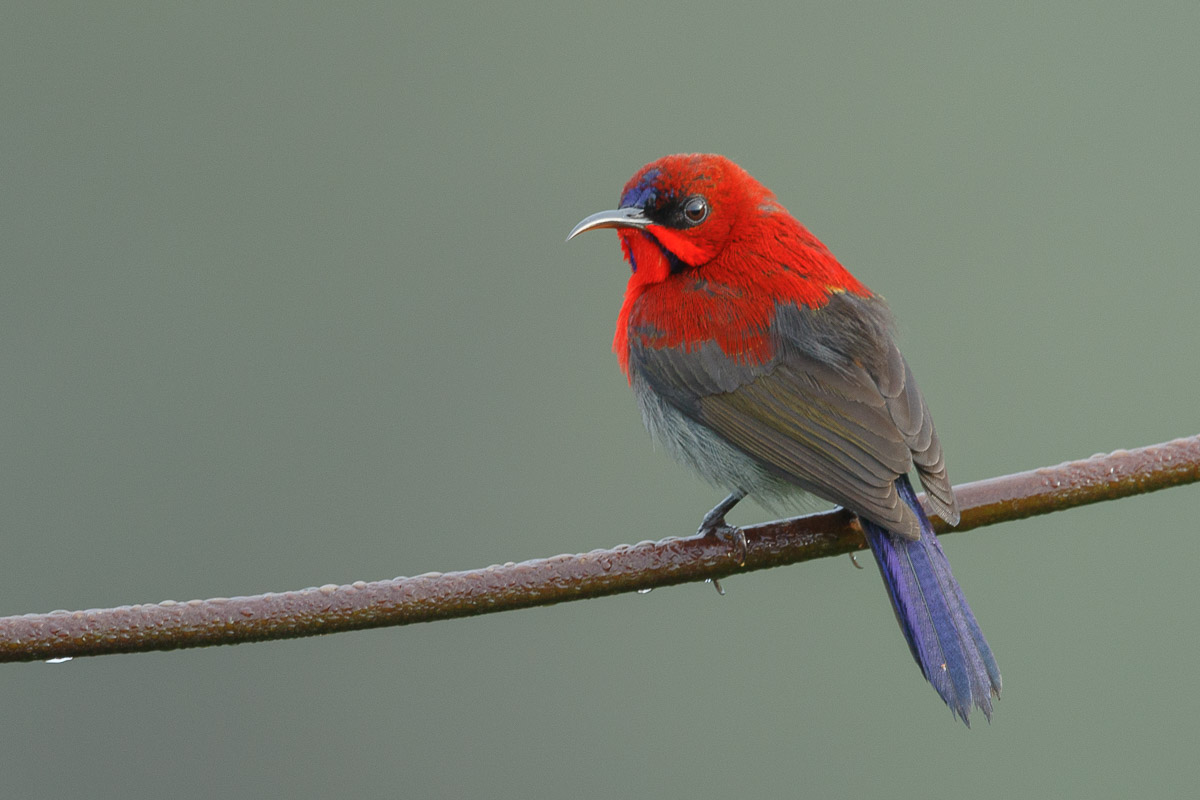
If you are celebrating National Day by wearing red, you are in good company! Here are some birds found in Singapore that have strikingly red features.
-
What's The Frog?
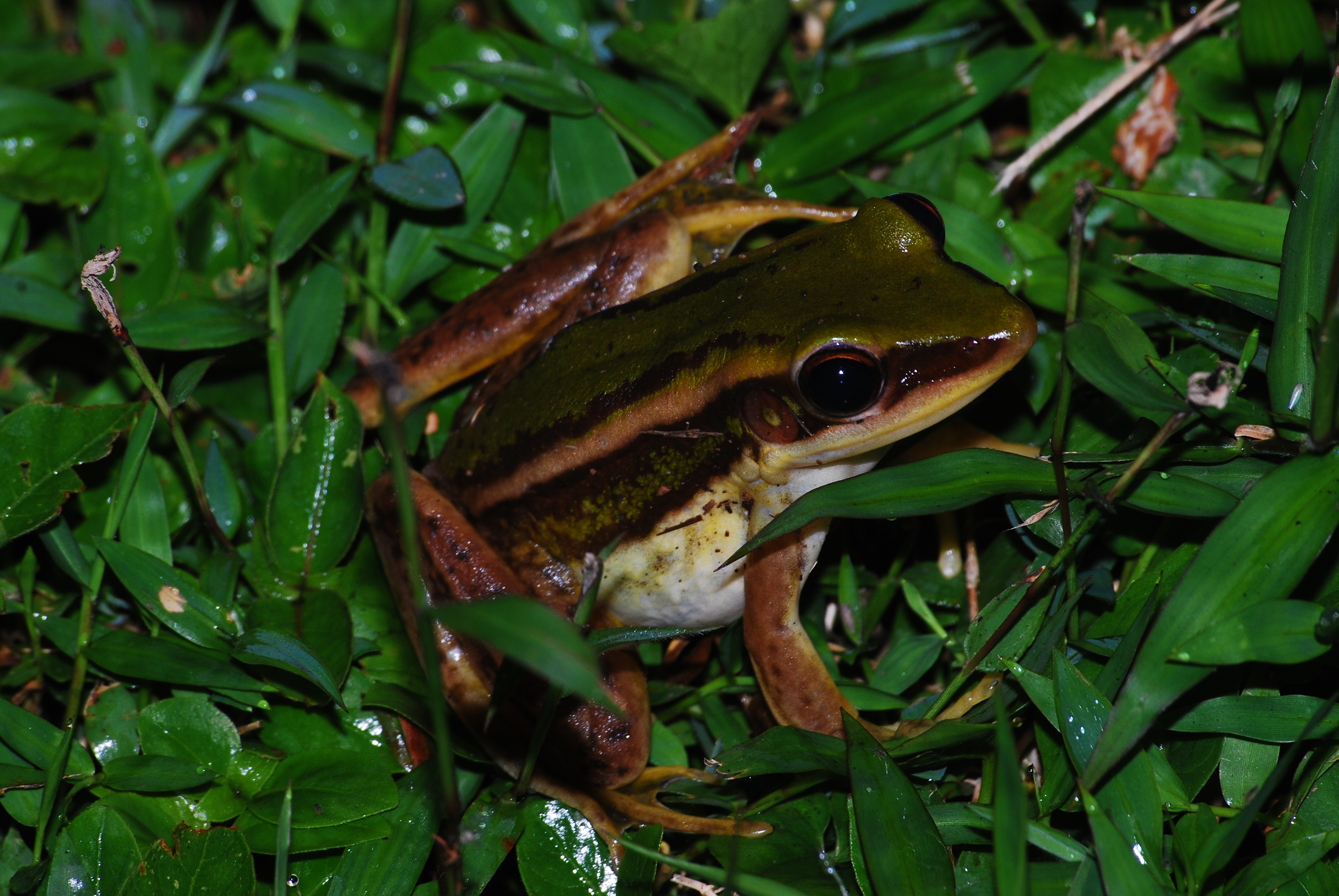
Did you know that Singapore is home to about 30 species of frogs? Check out six native species here.
-
Catch A ‘Dragon’!
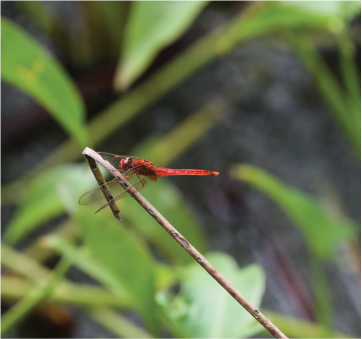
Learn about the six most commonly recorded dragonflies and damselflies in Singapore before joining in Dragonfly Watch to catch a ‘dragon’ in action!
-
Guiding The Next Generation Of Nature Lovers

Experiencing nature doesn’t have to involve trekking into dense forests in khakis and boots. In fact, Ms Ling Chai Joo, a parent volunteer at Zhonghua Primary School, firmly believes nature can be enjoyed in the urban environment.
-
Saving A Rare Native In Singapore

Opportunity knocks but once. When it comes to conserving rare and endangered plant species in Singapore, the saying is true in every sense of the word. Imagine the excitement NParks’ conservation officers from the National Biodiversity Centre (NBC) felt in February this year, when they spotted the fruit capsules of a critically endangered native plant, Aeschynanthus albidus, on a tree in the Central Nature Reserve. The capsules were swiftly brought back to NParks for mass propagation.
-
A Most Odd Tree Doctor!
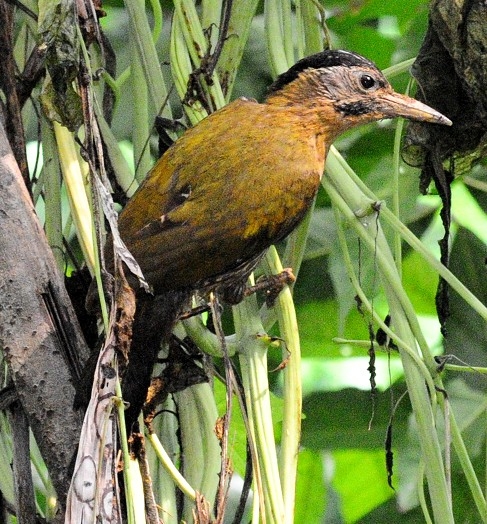
In a previous issue of My Green Space, we featured arborists, who inspect trees to see if they are healthy. Besides these human “tree doctors”, there is also a species of birds that carries out a similar job. Meet the Laced Woodpecker, a bird that plays an interesting and vital role in maintaining the health of trees.
-
Turning 125: The Vanda Miss Joaquim

Singapore’s National Flower, the Vanda Miss Joaquim (Papilionanthe Miss Joaquim), turns 125 in 2018! To celebrate this occasion, here are 10 interesting trivia about this beautiful orchid hybrid.


